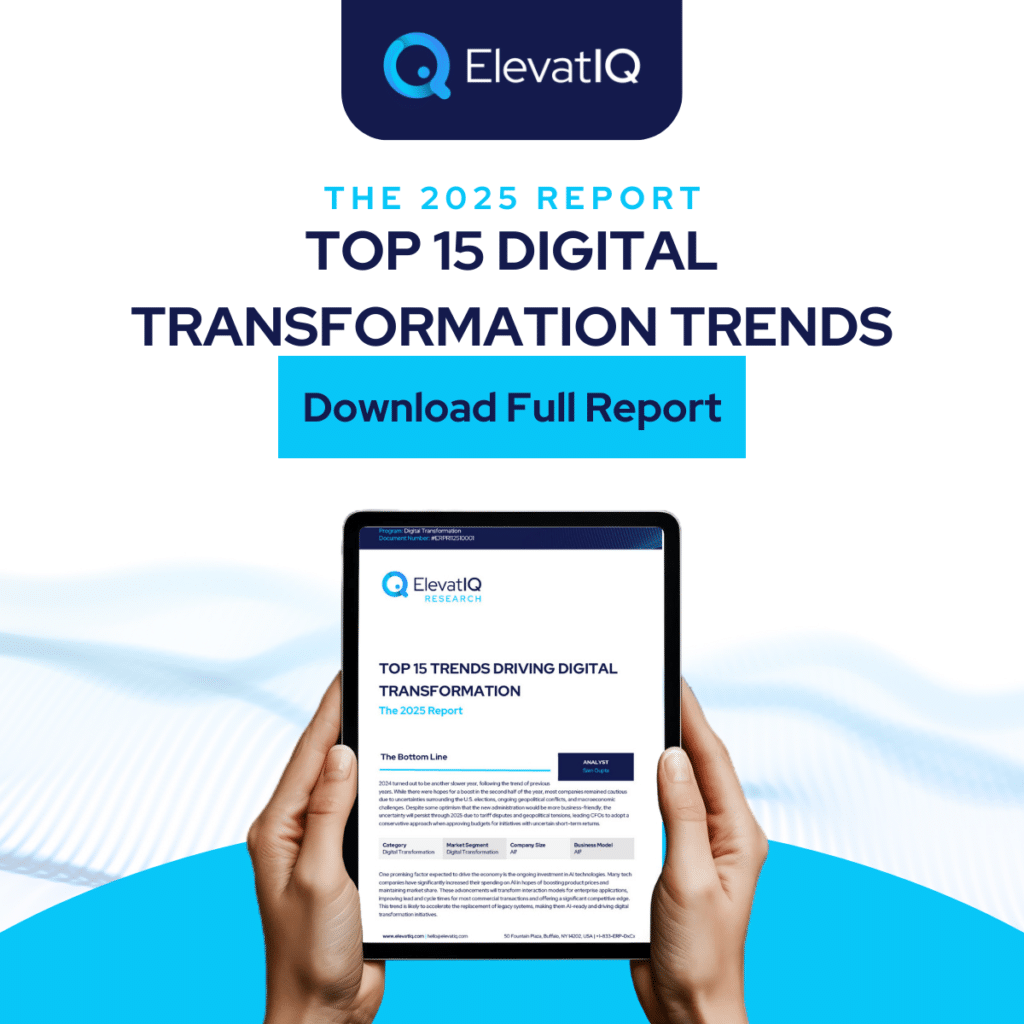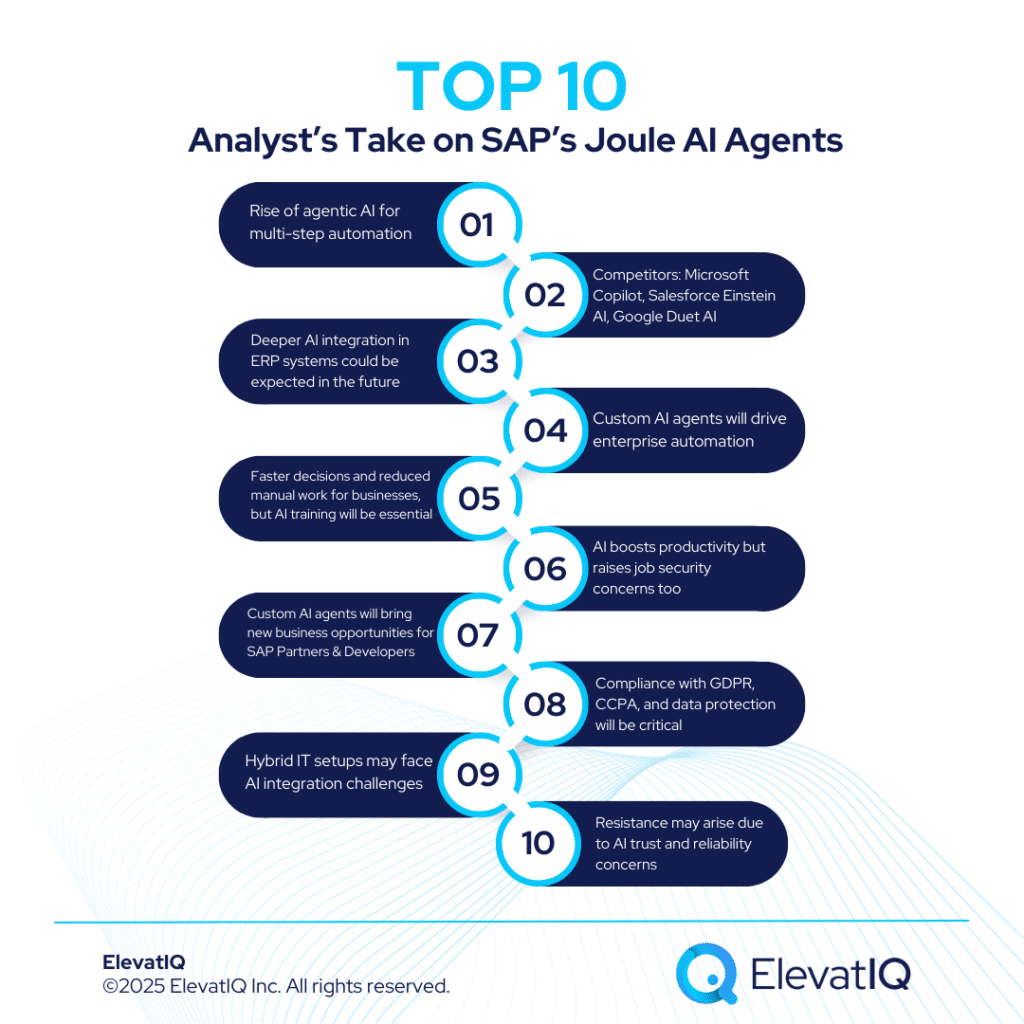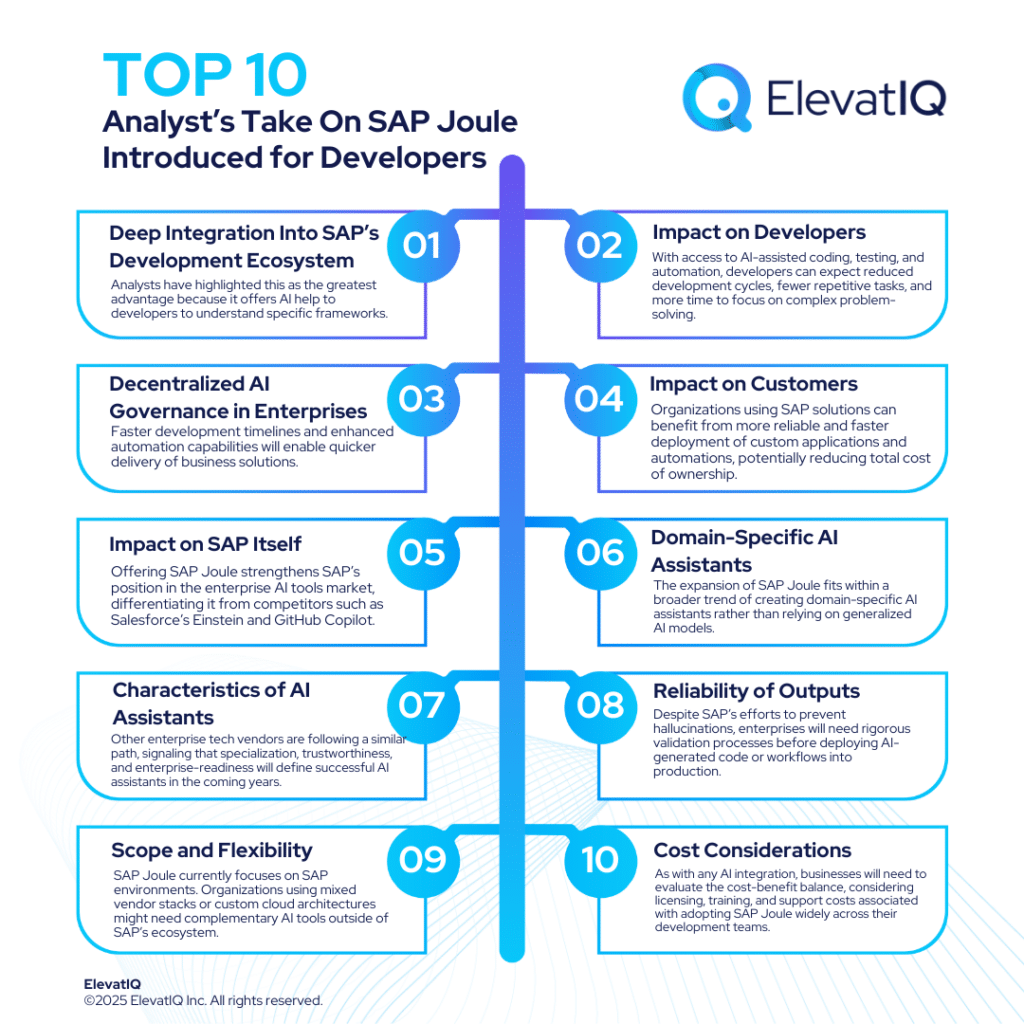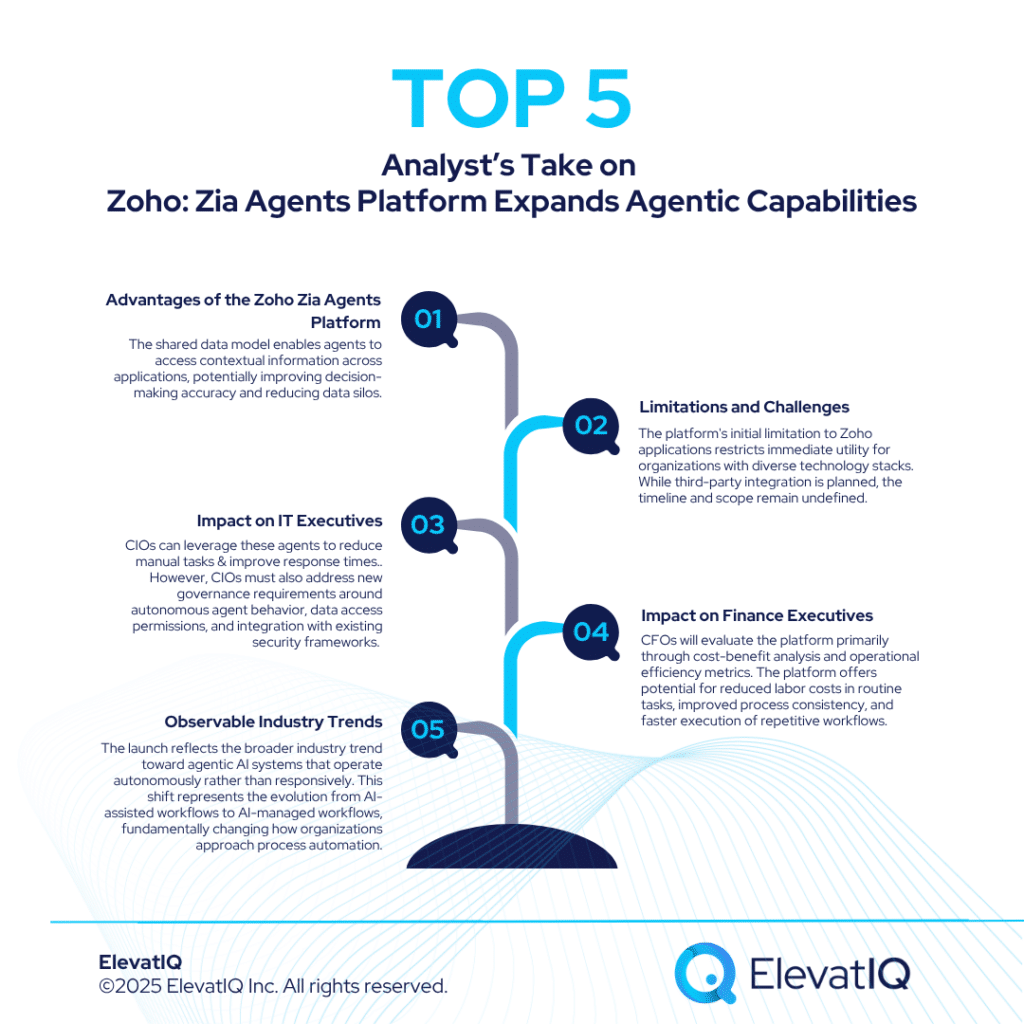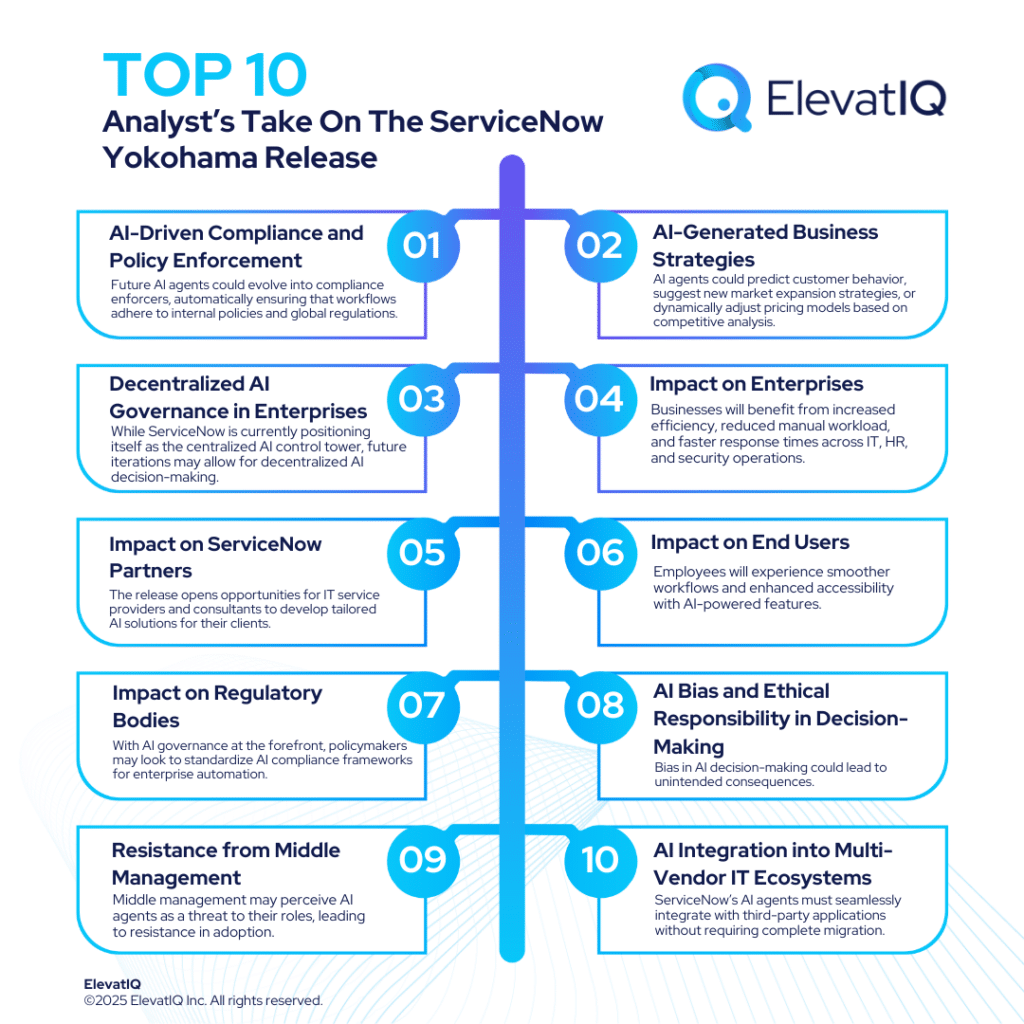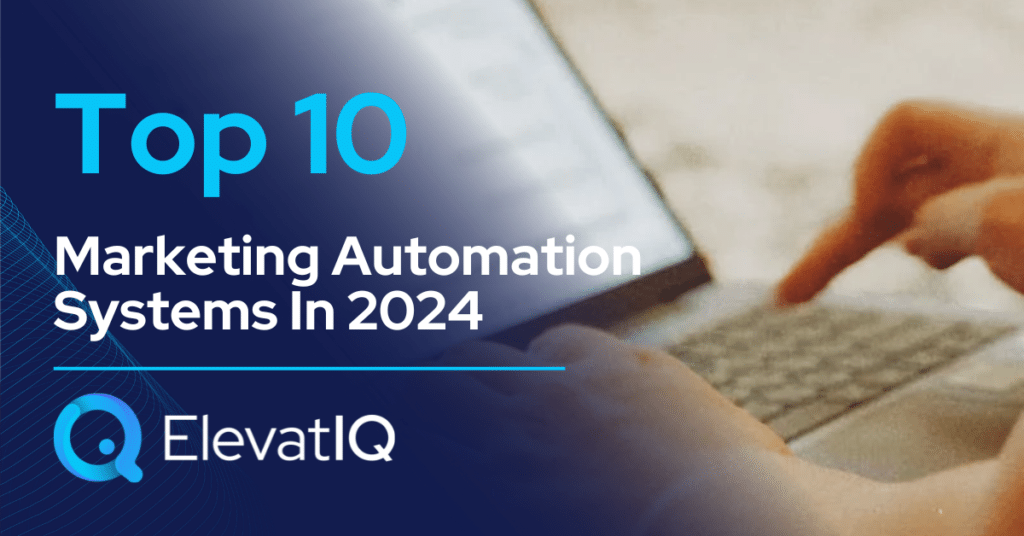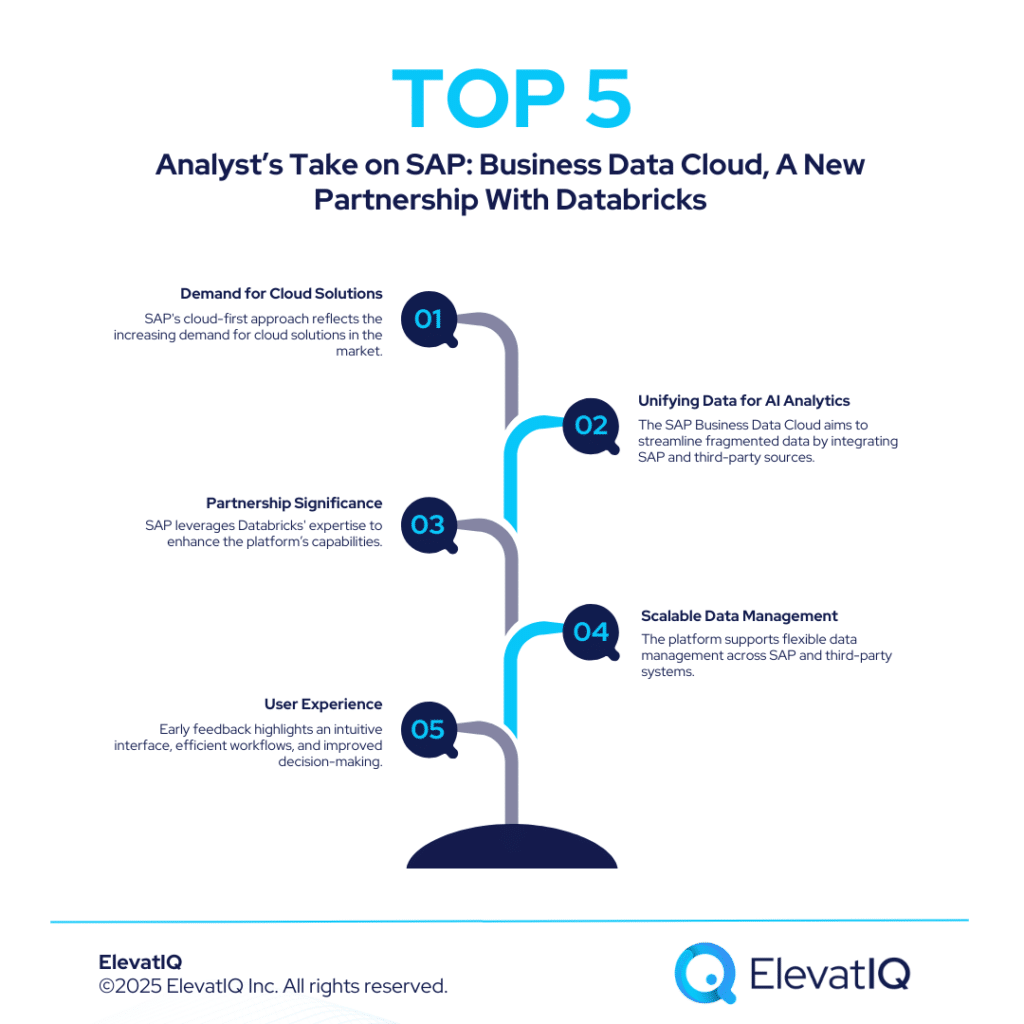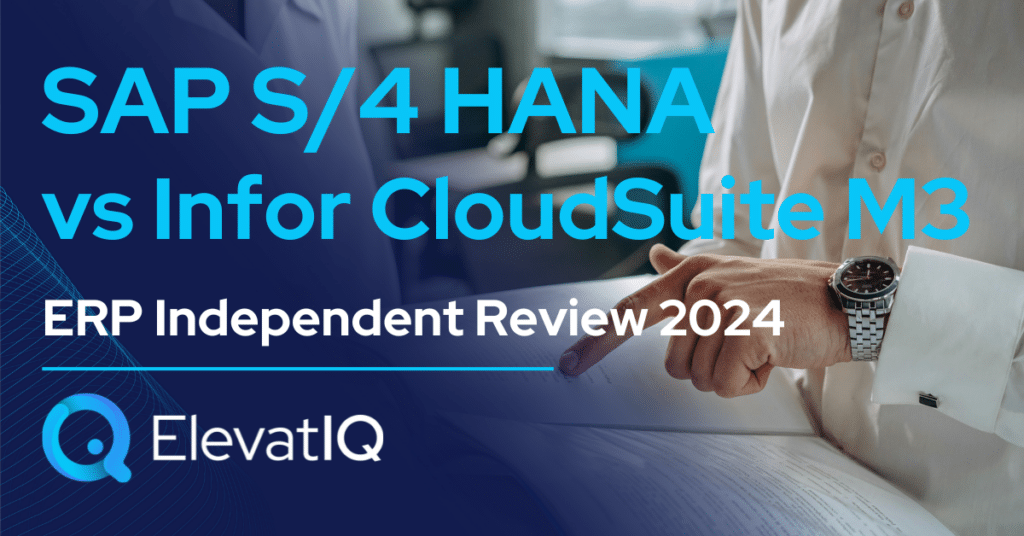Last Updated on April 13, 2025 by Sam Gupta
SAP has unveiled Joule AI Agents, an expansion of its generative AI copilot, Joule, aimed at transforming enterprise collaboration and automation. By integrating AI-driven agents across business functions like finance, sales, and customer service, SAP seeks to streamline processes, reduce inefficiencies, and enable faster decision-making. These AI agents leverage SAP Business Data Cloud and SAP Knowledge Graph to ensure accurate, context-driven actions. This article provides a detailed breakdown of SAP’s announcement, the key components of Joule AI Agents, and an analysis of its potential impact on businesses, stakeholders, and the broader industry.
Breakdown of SAP’s Joule AI Agents
Joule AI Agents are designed to streamline business operations by improving cross-functional collaboration and leveraging enterprise data effectively. With features like automated classification, knowledge management, and dispute resolution, Joule AI Agents enhance workflow efficiency across various departments.
Addressing Cross-Functional Collaboration Challenges
One of the primary objectives of Joule AI Agents is to resolve inefficiencies in business workflows, where different departments operate in silos. Many organizations struggle with aligning data, decisions, and actions, leading to delays and miscommunications. Joule AI Agents aim to bridge these gaps, ensuring seamless coordination across business functions.
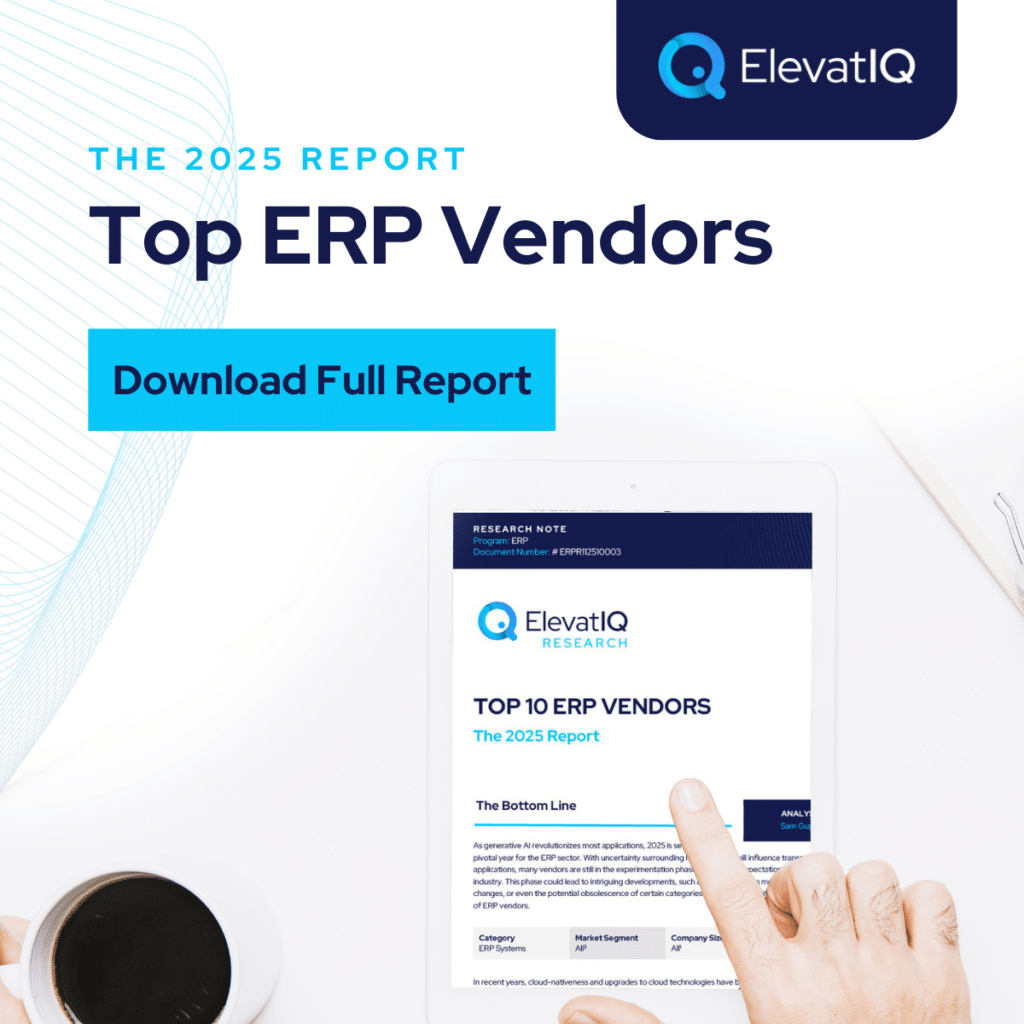
Foundation: SAP Business Data Cloud & SAP Knowledge Graph
SAP highlights that AI effectiveness depends on access to high-quality, unified data. The SAP Business Data Cloud serves as a centralized data layer, combining SAP and non-SAP sources to provide AI agents with relevant business context. Additionally, the SAP Knowledge Graph acts as a semantic bridge, helping Joule AI Agents understand relationships between data and processes. This allows the agents to make informed, context-aware decisions rather than relying solely on generic AI models.
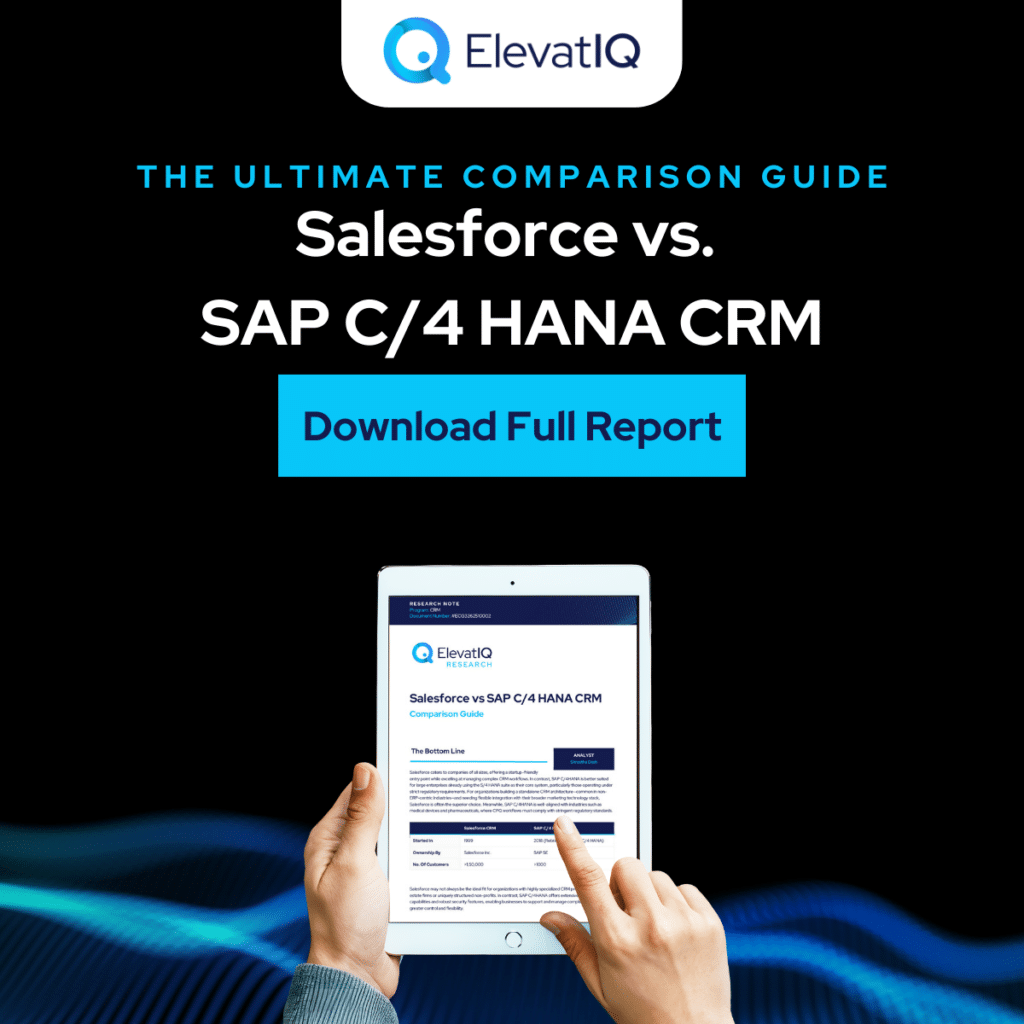
Key AI Agents Introduced by SAP
SAP has launched ready-to-use Joule agents across multiple business functions, with further expansions planned in 2025. Some of the notable agents include:
- Cash Collection Agent: Analyzes and resolves disputes in seconds by working across finance, customer service, and operations.
- Q&A Agent: Proactively identifies customer questions and provides accurate answers based on internal knowledge bases.
- Knowledge Creation Agent: Converts new case resolutions into structured knowledge articles, improving knowledge management.
- Case Classification Agent: Intelligently classifies and routes customer inquiries, even when specific keywords are missing.
These AI agents work collaboratively, enabling end-to-end process automation. For example, the Case Classification Agent can detect a billing dispute and immediately assign it to the Cash Collection Agent, reducing resolution time.
Customization with Joule Studio
SAP plans to launch a custom agent builder within Joule Studio, allowing businesses to create AI agents tailored to their specific processes. This no-code/low-code tool will empower companies to design AI-driven workflows using SAP Build, ensuring adaptability to unique business needs.
AI Orchestration: Beyond a Copilot
SAP positions Joule not just as an AI assistant but as an AI orchestrator capable of managing multiple AI agents across different business areas. By coordinating out-of-the-box and custom AI agents, SAP aims to create a fully automated, adaptive AI ecosystem within enterprises.

Analyst’s Take: Observations & Implications
The introduction of Joule AI Agents aligns with the growing trend of AI-driven enterprise automation, positioning SAP alongside key industry players. As businesses integrate Joule AI Agents, factors like data security, AI adoption challenges, and evolving workforce roles will shape the long-term impact of this technology.
Industry Trends & Competitive Landscape
- The rise of agentic AI, where AI systems autonomously complete complex, multi-step processes, is a growing trend. Competitors like Microsoft Copilot, Salesforce Einstein AI, and Google Duet AI are also moving towards AI-powered workflow automation.
- SAP’s focus on trusted business data differentiates Joule from general-purpose AI assistants, as data governance and reliability are major concerns in enterprise AI adoption.
Future Predictions
- SAP’s planned expansion of Joule AI Agents across its Business Suite suggests a long-term vision where AI becomes deeply embedded in ERP systems, potentially reducing human intervention in routine processes.
- The introduction of a custom AI agent builder signals an upcoming trend where businesses will increasingly develop tailored AI solutions rather than relying on pre-built AI models.
Impact on Stakeholders
- Enterprises: Organizations using SAP’s ERP solutions can expect faster decision-making, reduced manual effort, and enhanced process efficiency. However, they may need to invest in AI training and integration to maximize benefits.
- Employees: While AI-driven automation can increase productivity, concerns over job displacement in areas like customer support and finance may arise. Instead of replacing roles, AI is likely to augment human workers by handling repetitive tasks.
- SAP Partners & Developers: The Joule Studio AI agent builder presents opportunities for developers and SAP partners to create and monetize custom AI solutions.
Challenges & Considerations
- Data Privacy & Security: As AI agents access sensitive business data, ensuring compliance with GDPR, CCPA, and enterprise security policies will be critical.
- Integration Complexity: Businesses operating on hybrid IT infrastructures (SAP + non-SAP applications) may face challenges in achieving seamless AI integration.
- User Adoption: Despite automation benefits, enterprise AI adoption often faces resistance due to concerns over AI reliability and trust. SAP may need to focus on AI explainability and user training.
